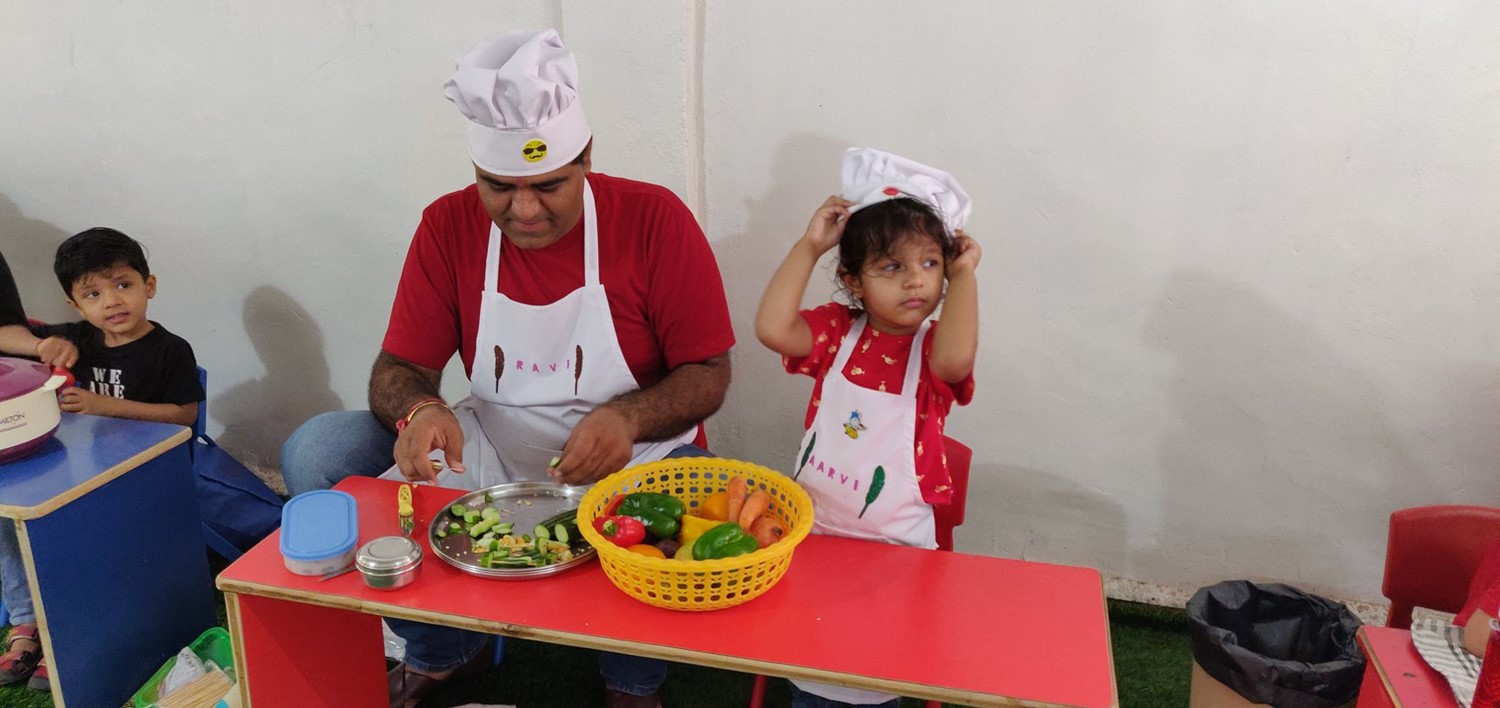4.9 ★
/uploads/school/aaverified-seal3.png)
Future Tots, Science City, Science city, Ahmedabad
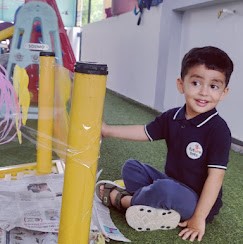
Children start to explore the world around them as soon as they are born. At Future Tots, Science City, the playgroup curriculum enables children to continue their exploration. Early experiences in the first few years of life are critical for acquisition of skills as maximum brain development happens during this period. The objective of the program is to train parents to help them foster their child’s development by learning and practicing child development through a scientific approach.
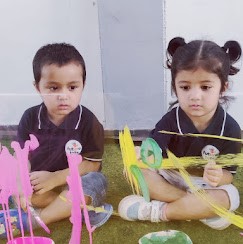
Our Nursery program is a unique blend of essential skills like pre-reading, pre-writing, science, and social skills in a logical and natural sequence. This encourages children to learn one step at a time. The Nursery program focuses on building language ability, logical reasoning, mathematical skills, and scientific thinking. Each month has its own theme with weekly topics related to the theme along with daily activities that include art, music dramatic play & social interaction.
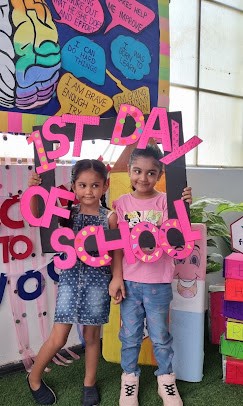
The transition from preschool to primary school is a crucial time of change for both children as well as their parents. At the Kindergarten (K.G.) curriculum ensures a smooth transition to formal schooling with meaningful and progressive learning experiences. Through these activities, children learn the alphabet and letter sounds, numbers and simple math and master early writing skills. Furthermore, each child’s development is measured thrice in a year through well-designed assessment as part of this unique pedagogy.
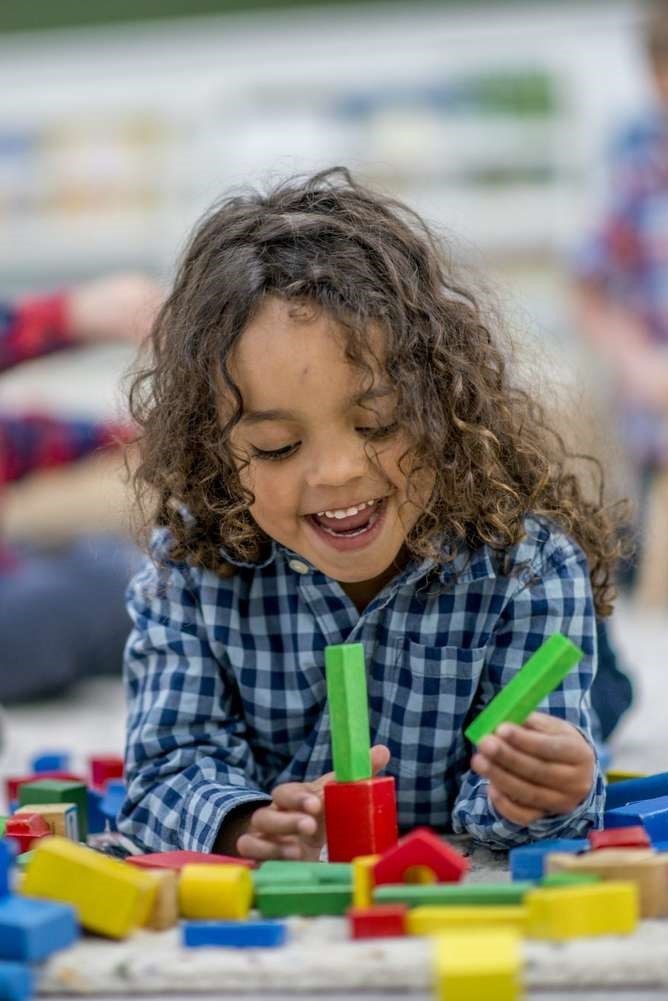
Children learn best when they build their knowledge through play. Providing a student-centered, play & experiential environment at all ages enhances a student’s receptiveness to learning. Students need to be active rather than passive. Think about your best learning experience at Future Tots.
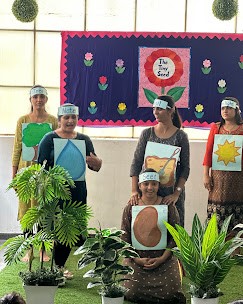
Our teachers have become experts at understanding the developmental characteristics and needs of children at the grade level they are teaching. Teachers enjoy spending time with children in their grade levels, discern differences in learning styles among their students, and differentiate lessons and activities for each child’s deepest learning. Teachers hone their assessment skills, working to deeply understand each student cognitively, socially and emotionally–and work closely with families to best advance each child’s intellectual growth and well-being.
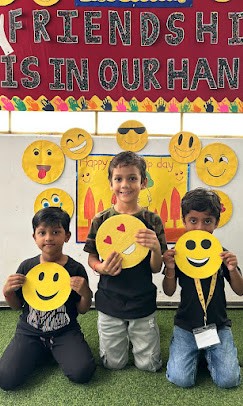
Environments should be welcoming and interesting. Having homey features in a classroom environment helps children feel more comfortable and can help their ability to learn. An effective learning environment encourages learning through play with a rich set of materials and learning opportunities. Future Tots provides an effective environment to kids which helps provoke thinking, open-ended outcomes, and creativity.
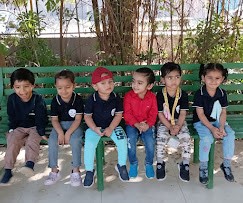
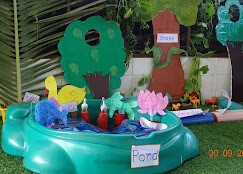
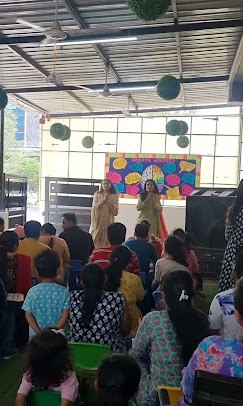
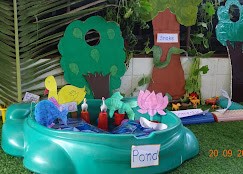
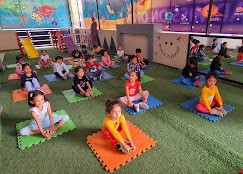
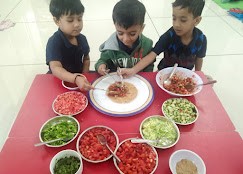
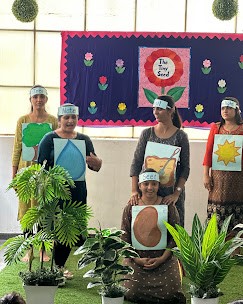
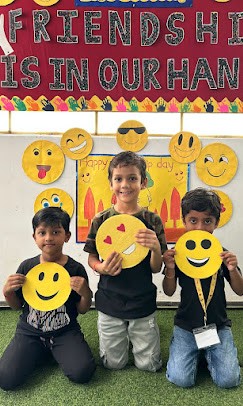
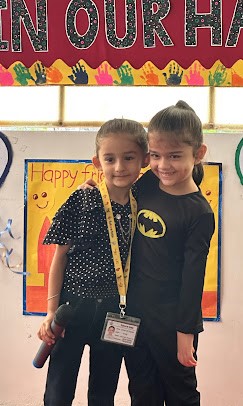
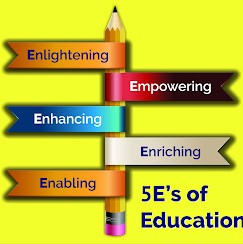
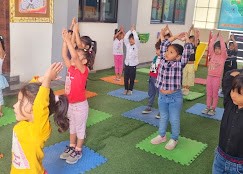
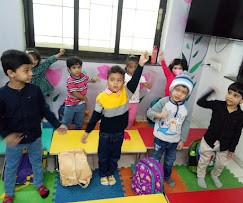
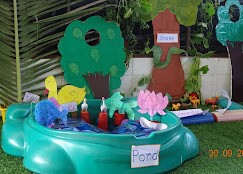
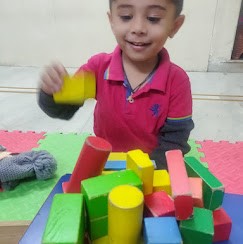
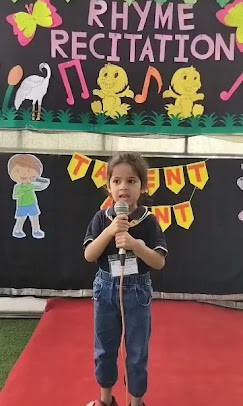
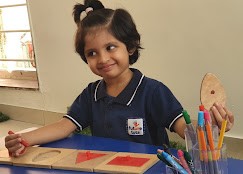
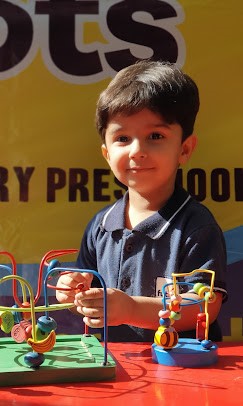
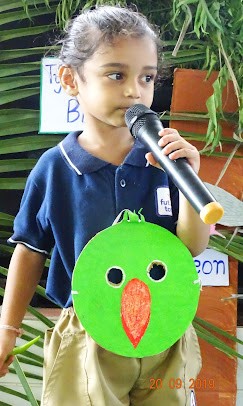
/filters:format(webp)/fit-in/300x300/uploads/albums/image_unqnr_202410230733105849.jpg)
/filters:format(webp)/fit-in/300x300/uploads/albums/image_xmjnw_202410230721085234.jpg)
/filters:format(webp)/fit-in/300x300/uploads/albums/image_qesf2_202410230712274478.jpg)
